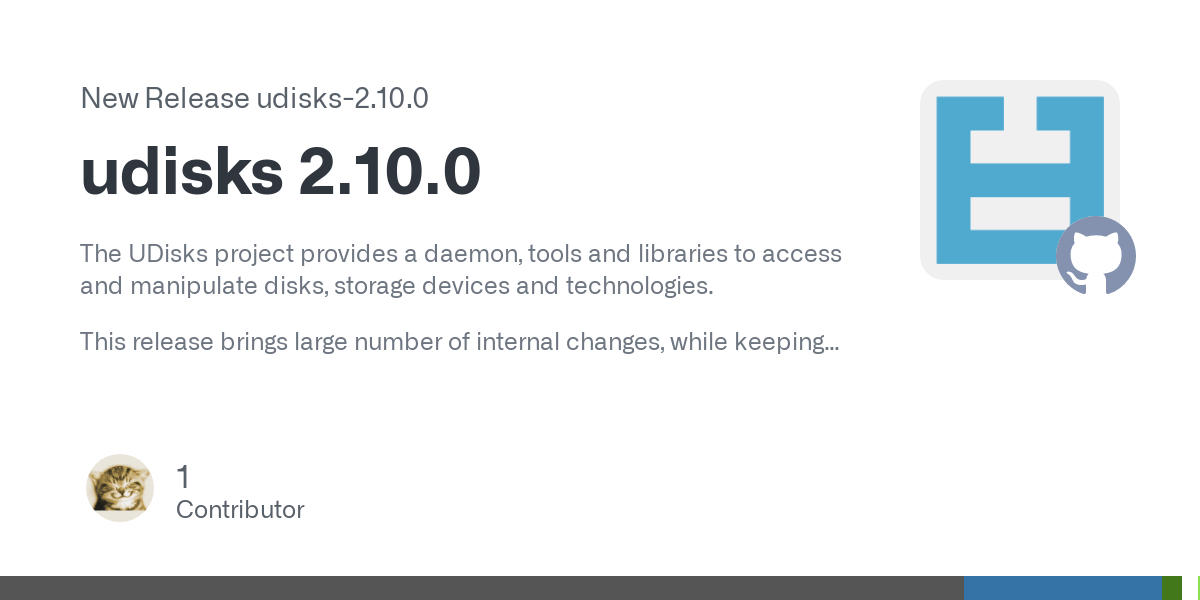Yeah, that’s a good option perhaps. I grabbed em recent because of a steam sale, but never played them before. Appreciate the rec :)
Centrist, progressive, radical optimist. Geophysicist, R&D, Planetary Scientist and general nerd in Winnipeg, Canada.
troyunrau.ca (personal)
lithogen.ca (business)
- 11 Posts
- 170 Comments
I’ve never heard of this, so it is perfect as a recommendation! Because now I have something to look into :)
I’ve played all the old school Square and Enix stuff. FF6 is my goat.
Sure. Tales games tend to be high fantasy settings where each game is its own setting (much like Final Fantasy in that sense). They tend to have a lot of “war against heaven corrupted” kind of vibes. But largely there’s a lot of places to explore, NPCs to talk to, and a bunch of great little skits that trigger between your team. They tend to be lighter on graphics in exchange for length and depth of story. But it’s also somewhat linear, and carefully crafted and you can sort of lose yourself in finding the next story beat.
But they also typically have active combat systems where it’s about button mashing and combos. This is the part I don’t like :)
No! I’ve heard it is quite the investment if you want to start at the beginning. Is there a later jumping in point that works well, in your opinion?
But you mean you wrote it in python with tkinter as a toolkit, rather than writing it in Tcl (which is its own language, like python).
Serious question: I’ve never met a programmer who has ever actually written anything in Tcl in the real world. If you’ve working in Tcl, tell me about it! What did you use it for and when? Was it awesome/terrible/etc.?

 6·8 days ago
6·8 days agoForward slash doesn’t throw a mental syntax error? ;)
The current version is in C++
But if you check the link above, the older C and Fortran editions are free to read. This is the gold standard for numerical algorithms and scientific computing, without getting into things like GPUs and such.

 2·8 days ago
2·8 days agoOuter Worlds. Colourful corporate dystopian. Purpleberry Crunch!
Electron for physics apps? Yuck! that’s basically just web dev with local hosting. Like, try six million datapoints and plotting them in electron.
Making a web app is a mistake 9 times out of 10, particularly when dealing with larger datasets. Because you’re in physics, you probably want to skills you’re learning to be transferable into physics and data science in general.
I recommend starting with python (if you know it already, awesome), then checking out pyqtgraph – there’s a bunch of demo apps that come with the package and you can use those as launch points. This will be your gateway into pyqt/pyside and legit desktop application development. Later, if you learn C++, you can transition into Qt (and still use all the power of the toolkit and the skills are transferable), or into raw C++ which is amazing for numerical computing.
Well, you kind of can actually. It just replaces KWin
This sounds like the sort of infrastructure project the Linux Foundation should be supporting.

 91·1 month ago
91·1 month agoSure, it’s just another tarball to compile and install, right? What do you mean lots of dependencies? Oh, well, I guess there is Krita :)

 8·1 month ago
8·1 month agoThat article is light on implemention details. It talks a lot about the legislation itself, and ways in which it might be implemented.

 57·1 month ago
57·1 month agoIf we’re in string freeze, it’s probably within a few weeks. They’re in bug squashing and translations mode now. I’d take that bet.

 12·1 month ago
12·1 month agoYes, but how. The details matter
Is this unmodded? I’ve never played it, and this screenshot alone intrigues me enough…





2.x, if I read the clues correctly and me memory isn’t faulty. :)